Newsletter January 2019
 ICRH Global Newsletter ICRH Global Newsletter 31st of January, 2019
|
Message from the Chair Prof. Dr. Marleen Temmerman First of all my very best wishes for the new year 2019, that is now well under way. This year marks the 25th anniversary of ICRH, as well as 25 years of ICPD and its Programme of Action, hence a double anniversary offering an opportunity to renew and reinvigorate our commitment to SRHR for the next 25 years. |
| NEW advanced Master in Global Health ICRH is proud to be part of this new interdisciplinary Master in Global Health that is jointly organized by five Belgian universities. 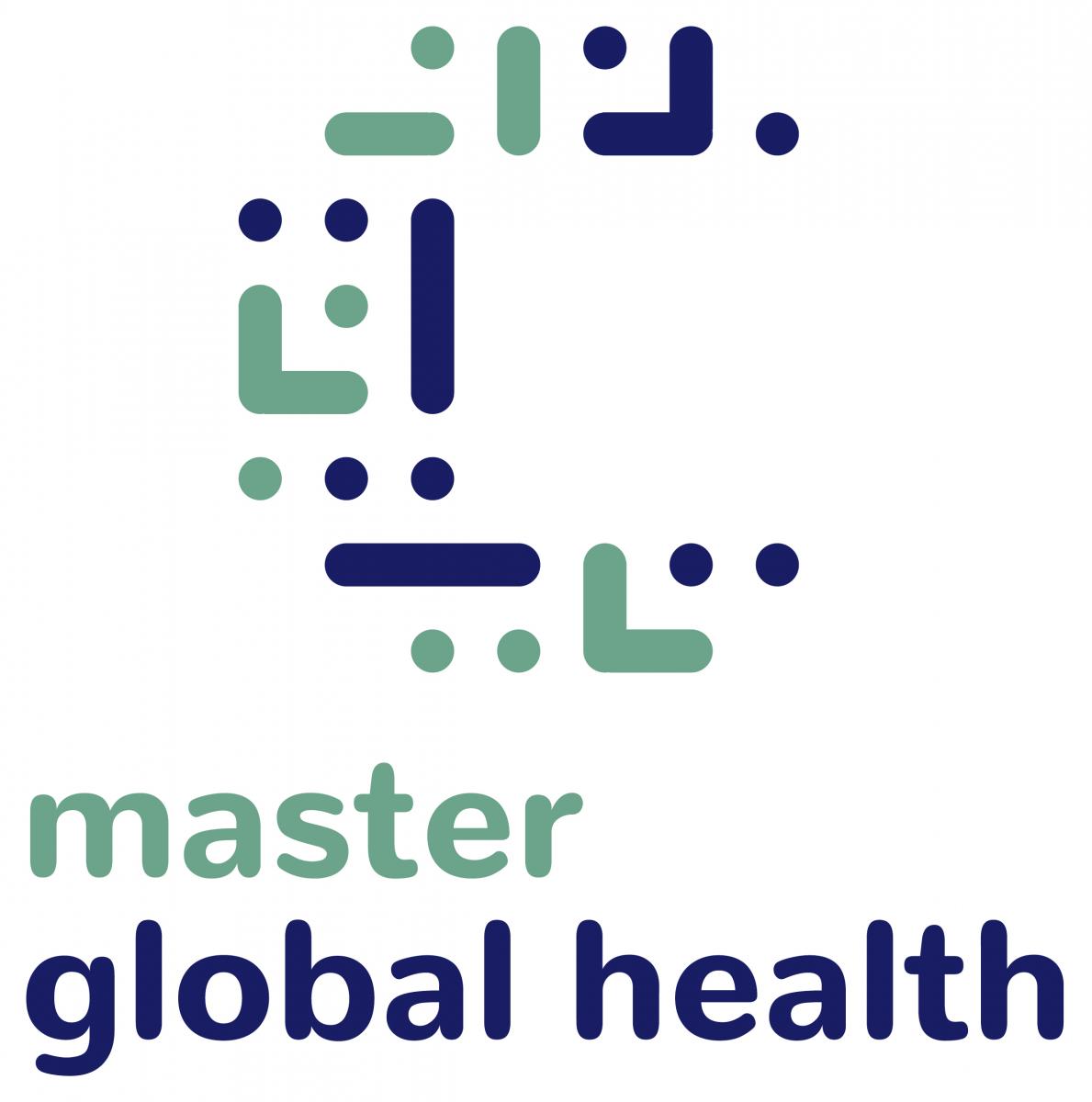 Chronic conditions, mental health and ageing, but also the effects of pollution, climate change and migration on health are global challenges of the 21st century. Such challenges can only be effectively addressed through an interdisciplinary, intersectoral, global approach that tackles their multiple causes and consequences. The Master of Science in Global Health provides you with the necessary knowledge and skills to manage these complexities by giving you a sound theoretical basis, mixed with applied classes and an internship. Chronic conditions, mental health and ageing, but also the effects of pollution, climate change and migration on health are global challenges of the 21st century. Such challenges can only be effectively addressed through an interdisciplinary, intersectoral, global approach that tackles their multiple causes and consequences. The Master of Science in Global Health provides you with the necessary knowledge and skills to manage these complexities by giving you a sound theoretical basis, mixed with applied classes and an internship.The Master takes a truly interdisciplinary approach and is open to master degree holders from any discipline. Registrations are now open and deadlines depend on your nationality. The first upcoming deadline is 1 March for students who need to apply for a visa to study in Belgium. For more information, visit our website: https://masterglobalhealth.be/ |
| EVENTS |
Desafio programme Closing event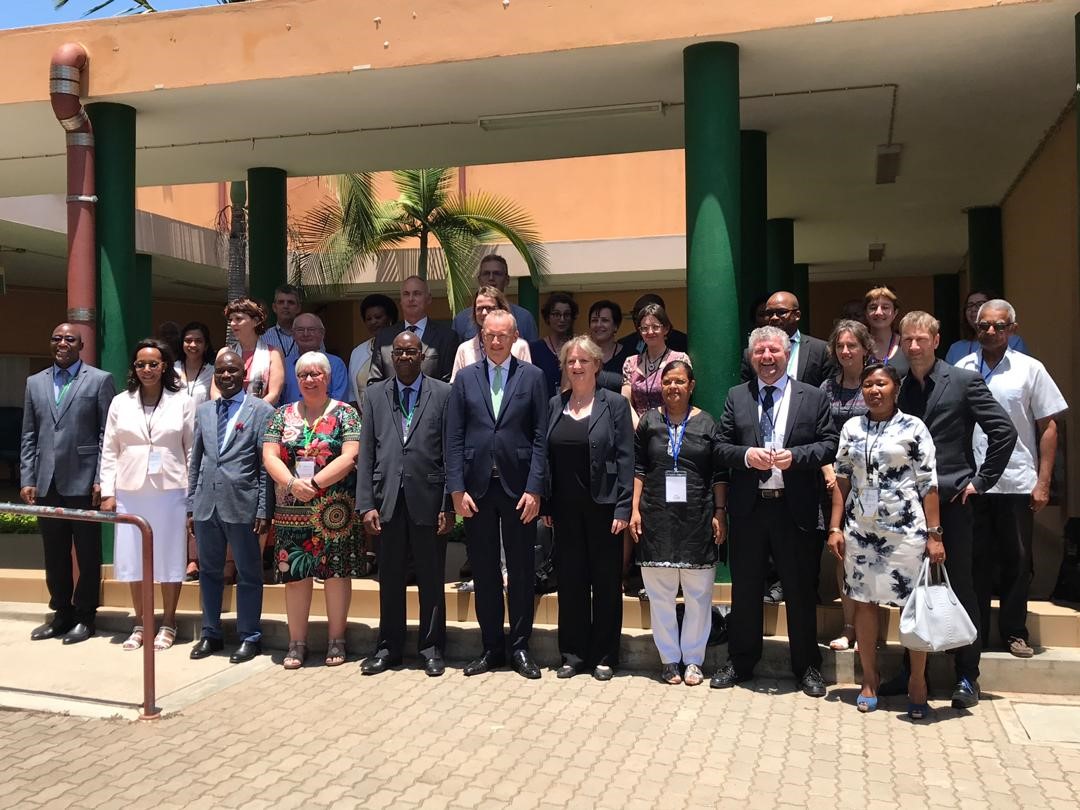 Representatives from the Flemish universities and Universidade Eduardo Mondlane (UEM) attended the closing event of the Desafio Programme in Maputo, Mozambique from 17-19 December 2018. Through 10 years of multidisciplinary interuniversity cooperation around the central theme of Reproductive Health and HIV, the Flemish universities, under coordination of Ghent University, have greatly contributed to UEM’s evolution from an education-based towards a research-based institution. As a result of the programme, 11 UEM researchers obtained a PhD at one of the Flemish universities, 4 new faculty research centres have been set up and 3 new Master degree programmes were developed. Participants jointly reflected on the challenges and opportunities of partnerships in research and discussed future cooperation opportunities. Representatives from the Flemish universities and Universidade Eduardo Mondlane (UEM) attended the closing event of the Desafio Programme in Maputo, Mozambique from 17-19 December 2018. Through 10 years of multidisciplinary interuniversity cooperation around the central theme of Reproductive Health and HIV, the Flemish universities, under coordination of Ghent University, have greatly contributed to UEM’s evolution from an education-based towards a research-based institution. As a result of the programme, 11 UEM researchers obtained a PhD at one of the Flemish universities, 4 new faculty research centres have been set up and 3 new Master degree programmes were developed. Participants jointly reflected on the challenges and opportunities of partnerships in research and discussed future cooperation opportunities. |
Adolescent pregnancy & motherhood: Synergies between the developed and developing context Dr. Sarah Johns (School of Anthropology and Conservation, University of Kent, UK) will give a public lecture on Tuesday, March 5th, 2019 from 1-2pm at ICRH about her research to understand human reproductive timing and evolved sexual behaviour. Her lecture is part of a collaboration with Prof. Kristien Michielsen (ICRH) and Dr. Katrina Perehudoff (ICRH) to explore ‘Adolescent pregnancy & motherhood: Synergies between the developed and developing context’, supported by 2019 mobility funding from the UGent/University of Kent Joint Call for Projects. Dr. Sarah Johns (School of Anthropology and Conservation, University of Kent, UK) will give a public lecture on Tuesday, March 5th, 2019 from 1-2pm at ICRH about her research to understand human reproductive timing and evolved sexual behaviour. Her lecture is part of a collaboration with Prof. Kristien Michielsen (ICRH) and Dr. Katrina Perehudoff (ICRH) to explore ‘Adolescent pregnancy & motherhood: Synergies between the developed and developing context’, supported by 2019 mobility funding from the UGent/University of Kent Joint Call for Projects. |
Mistreatment of Older Adults from a Human Rights’ Perspective |
| PROJECTS |
| Young adolescents reproductive and sexual rights in Mozambique ICRH-Mozambique has been awarded a grant by the Government of Flanders to promote sexual and reproductive health and rights of younger adolescents aged 10 to 14 years. 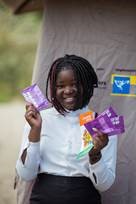 Mozambique has made progress in improving SRHR but adolescents, in particular younger adolescents, are getting left behind in terms of access to information and services as well as protection against rights violations. A key element of the project involves strengthening communication between adolescents and their parents on issues like puberty, sexuality and reproductive and sexual health, as well as preparing teachers and health workers to be better equipped to supporting adolescents on these issues. The project will also seek to better understand and work within the social norms that affect adolescents’ SRHR. The project will be implemented in two districts of Maputo Province, and its impact amplified through advocacy to strengthen programming for younger adolescents. Mozambique has made progress in improving SRHR but adolescents, in particular younger adolescents, are getting left behind in terms of access to information and services as well as protection against rights violations. A key element of the project involves strengthening communication between adolescents and their parents on issues like puberty, sexuality and reproductive and sexual health, as well as preparing teachers and health workers to be better equipped to supporting adolescents on these issues. The project will also seek to better understand and work within the social norms that affect adolescents’ SRHR. The project will be implemented in two districts of Maputo Province, and its impact amplified through advocacy to strengthen programming for younger adolescents. |
Adolescent family planning policies in Uganda & Kenya under the microscope in 2019
|
| New European-Latin American research alliance for cervical cancer detection in hard-to-reach populations ICRH is pleased to launch the ELEVATE project for the ‘EarLy dEtection of cerVical cAncer in hard-to-reach populations of women through portable and point-of-care HPV Testing’. 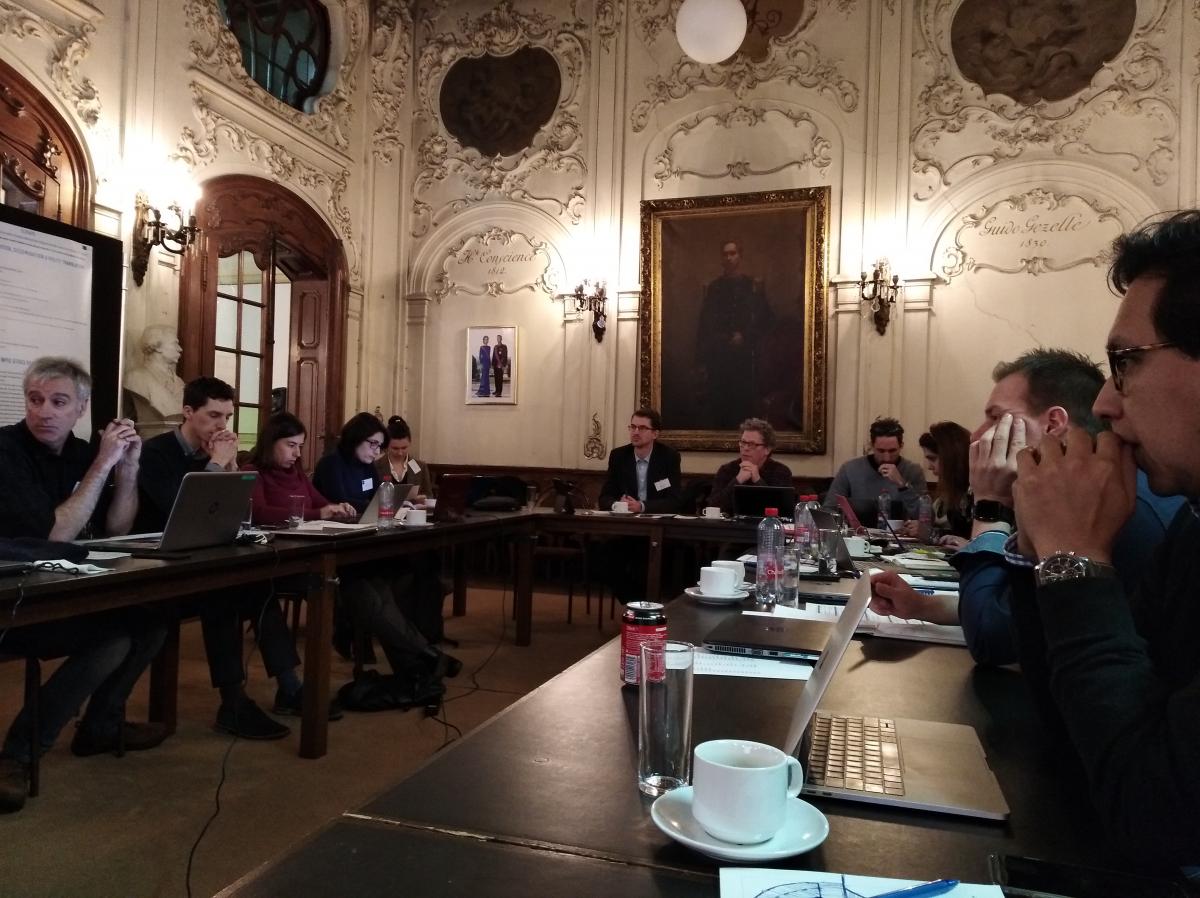 An international research alliance, led by Ghent University, announces a five-year project to develop a new test and approach for cervical cancer screening in hard-to-reach populations. The test will combine self-sampling with a new low-cost, portable measurement device and will be validated in dedicated screening trials in Belgium, Brazil, Ecuador, and Portugal. The ELEVATE project targets women in Europe and Latin America who have never been screened or are not regularly screened. These women have a higher risk of developing cervical cancer. The project is supported by the European Union’s Horizon 2020 Framework Programme for Research and Innovation Action, project number 825747. More information An international research alliance, led by Ghent University, announces a five-year project to develop a new test and approach for cervical cancer screening in hard-to-reach populations. The test will combine self-sampling with a new low-cost, portable measurement device and will be validated in dedicated screening trials in Belgium, Brazil, Ecuador, and Portugal. The ELEVATE project targets women in Europe and Latin America who have never been screened or are not regularly screened. These women have a higher risk of developing cervical cancer. The project is supported by the European Union’s Horizon 2020 Framework Programme for Research and Innovation Action, project number 825747. More information |
| Parents’ communication skills to improve adolescents sexual and reproductive health While the role of parents in SRH education is key, they often lack communication skills amidst cultural norms which do not provide for preventive messages regarding risky sexual behaviours. A new joint ICRH-Mbarara University project wants to improve young adolescents’ access to comprehensive SRH information by improving communication capabilities of parents/guardians in rural areas in Uganda.  The country has a very young population and its sexual and reproductive health outcomes - including teen-age pregnancies and HIV prevalence - remain among the poorest worldwide. Considering the cultural sensitivity, the project employs a community-based participatory research process to develop, implement and evaluate a culturally sensitive and scientifically accurate parent-adolescent communication intervention based on formative research and literature. Furthermore, an interdisciplinary research centre (both physical and virtual) on young adolescents’ SRH will be established at Mbarara University. The country has a very young population and its sexual and reproductive health outcomes - including teen-age pregnancies and HIV prevalence - remain among the poorest worldwide. Considering the cultural sensitivity, the project employs a community-based participatory research process to develop, implement and evaluate a culturally sensitive and scientifically accurate parent-adolescent communication intervention based on formative research and literature. Furthermore, an interdisciplinary research centre (both physical and virtual) on young adolescents’ SRH will be established at Mbarara University. |
| Medical school in Mombasa, Kenya Prof Temmerman at the Graduation of the Technical University, Mombasa, Ken 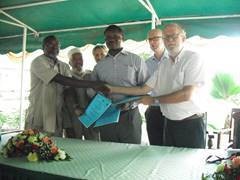 ya, representing Ghent University and Aga Khan University. Congratulations to all 2000 students, and looking forward to the establishment of the Medical School at TUM, supported by Ghent and Hasselt Universities. Hope to have the first cohort of students enrolled in 2019-20. ya, representing Ghent University and Aga Khan University. Congratulations to all 2000 students, and looking forward to the establishment of the Medical School at TUM, supported by Ghent and Hasselt Universities. Hope to have the first cohort of students enrolled in 2019-20. |
| PEOPLE |
Yves Lafort successfully defends PhD on access to HIV and SRH services for female sex workers |
| Prof. Temmerman fellow at the African Academy of Sciences The prestigious African Academy of Sciences awarded prof. Marleen Temmerman as a leading scientist working in the region and promoting research across the continent. 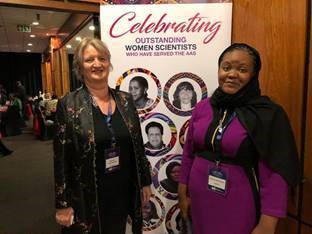 The African Academy of Sciences, a pan-African scientific organisation that supports women in their research career, inducted Prof. Temmerman as a fellow for her achievements, such as her publication record, innovations, leadership roles as well as their contributions to policy and the development of science on the continent. “I am proud and honoured to be selected,” Professor Marleen said, “This is a good motivation for me, having worked in the field of women’s health in the country for the last 32 years with many African colleagues.” The African Academy of Sciences, a pan-African scientific organisation that supports women in their research career, inducted Prof. Temmerman as a fellow for her achievements, such as her publication record, innovations, leadership roles as well as their contributions to policy and the development of science on the continent. “I am proud and honoured to be selected,” Professor Marleen said, “This is a good motivation for me, having worked in the field of women’s health in the country for the last 32 years with many African colleagues.” |
| Using football for children and adolescents wellbeing in Kenya Prof Marleen Temmerman became a boardmember of Futbol Mas Kenya, a great social football programme in Mathare Valley, Nairobi.  Futbol Mas uses football as a tool to develop life skills for boys and girls from disadvantaged communities and bring happiness under the motto: ‘Valuing the positive, will transform reality’. By bringing together communities they try to fill public spaces with life. The project is lead by the Belgian Seppe Verbist and the Kenyan Austin Ajowi. More information about the project can be found through this presentation and on their website www.futbolmas.org. Futbol Mas uses football as a tool to develop life skills for boys and girls from disadvantaged communities and bring happiness under the motto: ‘Valuing the positive, will transform reality’. By bringing together communities they try to fill public spaces with life. The project is lead by the Belgian Seppe Verbist and the Kenyan Austin Ajowi. More information about the project can be found through this presentation and on their website www.futbolmas.org. |
PUBLICATIONS |
Kenyon CR, Delva W, Brotman RM. Differential sexual network connectivity offers a parsimonious explanation for population-level variations in the prevalence of bacterial vaginosis: a data-driven, model-supported hypothesis. BMC Women's Health. 2019;19:8. doi: https://doi.org/10.1186/s12905-018-0703-0 Galle A, Vermandere H, Griffin S, de Melo M, Machaieie L, Van Braeckel D, Degomme O. Quality of care in family planning services in rural Mozambique with a focus on long acting reversible contraceptives: a cross-sectional survey. BMC Women's Health201818:201. https://doi.org/10.1186/s12905-018-0692-z Wang MY, Zhang WH, Mu Y, Temmerman M, Li JK, Zheng A. Contraceptive practices among unmarried women in China, 1982-2017: systematic review and meta-analysis. Eur J Contracept Reprod Health Care. 2019 Jan 18:1-7. Link Shamu S, Shamu P, Zarowsky C, Temmerman M, Shefer T, Abrahams N. Does a history of sexual and physical childhood abuse contribute to HIV infection risk in adulthood? A study among post-natal women in Harare, Zimbabwe. PLoS One. 2019 Jan 4;14(1). Link ANSER, Ogbe E, Van Braeckel D, Temmerman M, Larsson EC, Keygnaert I, De Los Reyes Aragón W, Cheng F, Lazdane G, Cooper D, Shamu S, Gichangi P, Dias S, Barrett H, Nobels A, Pei K, Galle A, Esho T, Knight L, Tabana H, Degomme O. Opportunities for linking research to policy: lessons learned from implementation research in sexual and reproductive health within the ANSER network. Health Res Policy Syst. 2018 Dec 17;16(1):123. Link Temmerman M. Missed opportunities in women's health: post-abortion care. Lancet Glob Health. 2019 Jan;7(1). Link Mochache V, Irungu E, El-Busaidy H, Temmerman M, Gichangi P. "Our voices matter": a before-after assessment of the effect of a community-participatory intervention to promote uptake of maternal and child health services in Kwale, Kenya. BMC Health Serv Res. 2018 Dec 4;18(1):938. Link Loquiha O, Hens N, Chavane L, Temmerman M, Osman N, Faes C, Aerts M. Mapping maternal mortality rate via spatial zero-inflated models for count data: A case study of facility-based maternal deaths from Mozambique. PLoS One. 2018 Nov 9;13. Link Sabbe, A., El Boujaddayni, K., Temmerman, M. et al. Marriage and Migration: Moroccan Women’s Views on Partner Choice, Arranged and Forced Marriage in Belgium. Int. Migration & Integration. 2019 https://doi.org/10.1007/s12134-018-00646-9 |



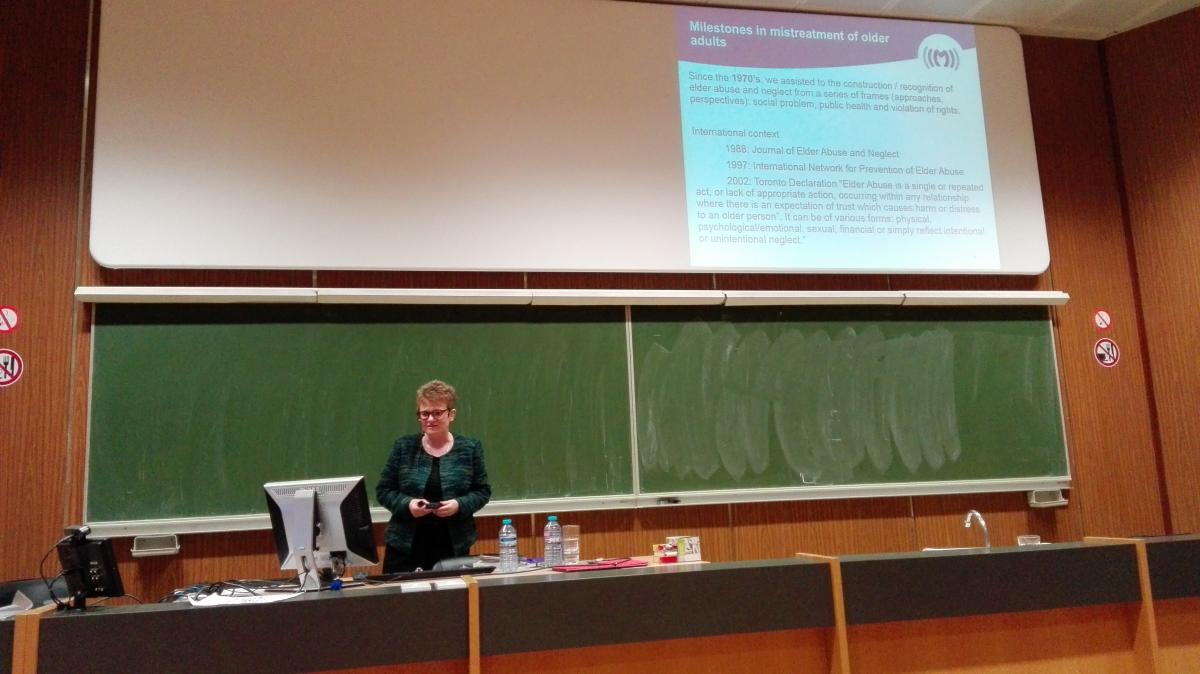 Prof. Beaulieu is an authority in the field of elder abuse and neglect. Since November 2010, she has held the position of Research Chair on Mistreatment of Older Adults financed by the Québec Government. Since July 2017, she is co-directing a centre affiliated with the World Health Organisation (WHO) on age-friendly communities and countering mistreatment. The principal focus of her 30-year career has been countering mistreatment, the sense of security of older adults, ethics, aging and end-of-life care.
Prof. Beaulieu is an authority in the field of elder abuse and neglect. Since November 2010, she has held the position of Research Chair on Mistreatment of Older Adults financed by the Québec Government. Since July 2017, she is co-directing a centre affiliated with the World Health Organisation (WHO) on age-friendly communities and countering mistreatment. The principal focus of her 30-year career has been countering mistreatment, the sense of security of older adults, ethics, aging and end-of-life care.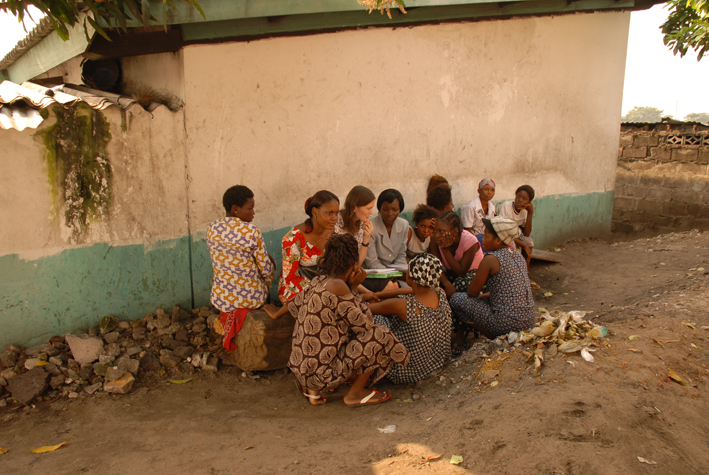 Adolescent family planning is essential to reduce maternal mortality, particularly in Sub-Saharan Africa. Achieving these goals requires adopting positive national sexual and reproductive health laws and policies and repealing regressive legal rules (i.e. restrictions on contraception and abortion services). However, good evidence and rational arguments for these services often fail to translate into supportive policies.
Adolescent family planning is essential to reduce maternal mortality, particularly in Sub-Saharan Africa. Achieving these goals requires adopting positive national sexual and reproductive health laws and policies and repealing regressive legal rules (i.e. restrictions on contraception and abortion services). However, good evidence and rational arguments for these services often fail to translate into supportive policies.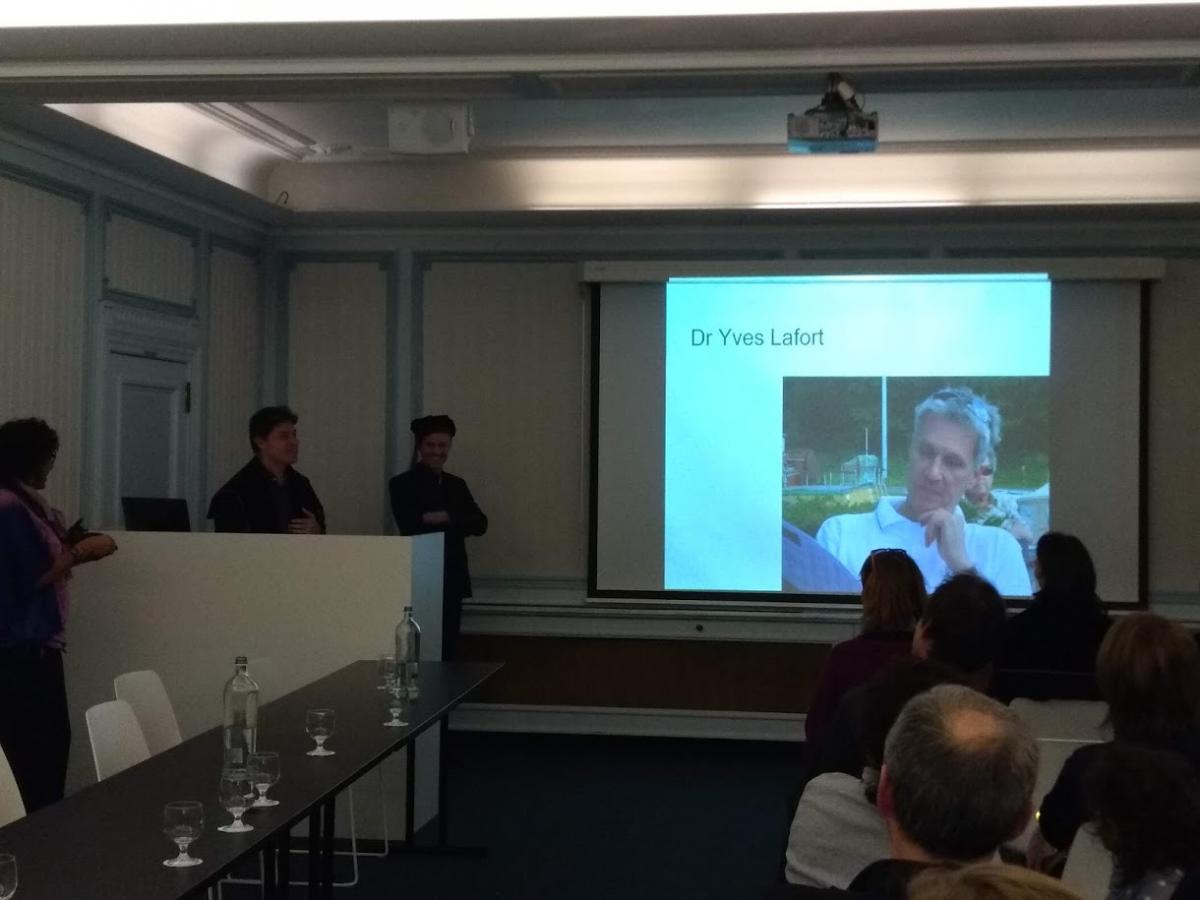 Former ICRH Belgium staff member Yves Lafort kan call himself Dr. Lafort since the 7th of January of this year. The topic of his doctoral thesis is "How to ensure access to adequate HIV and sexual and reproductive health services for female sex workers? Lessons learned from a ‘diagonal’ service delivery model tested in Africa and India". His supervisors were Prof. Dr. Wim Delva and Prof. Dr. Matthew Chersich. The full thesis can be downloaded
Former ICRH Belgium staff member Yves Lafort kan call himself Dr. Lafort since the 7th of January of this year. The topic of his doctoral thesis is "How to ensure access to adequate HIV and sexual and reproductive health services for female sex workers? Lessons learned from a ‘diagonal’ service delivery model tested in Africa and India". His supervisors were Prof. Dr. Wim Delva and Prof. Dr. Matthew Chersich. The full thesis can be downloaded